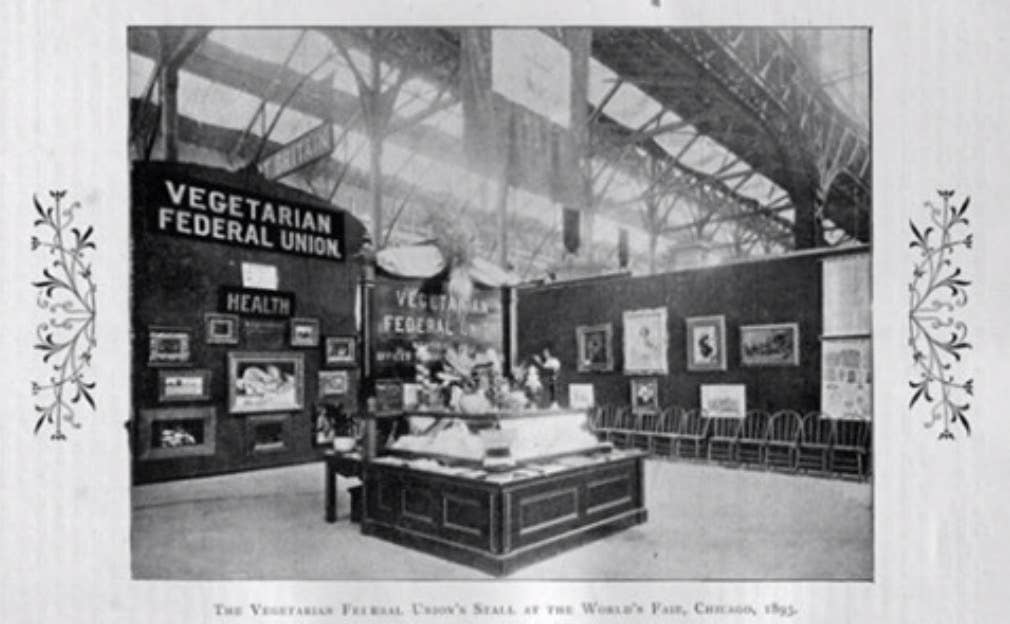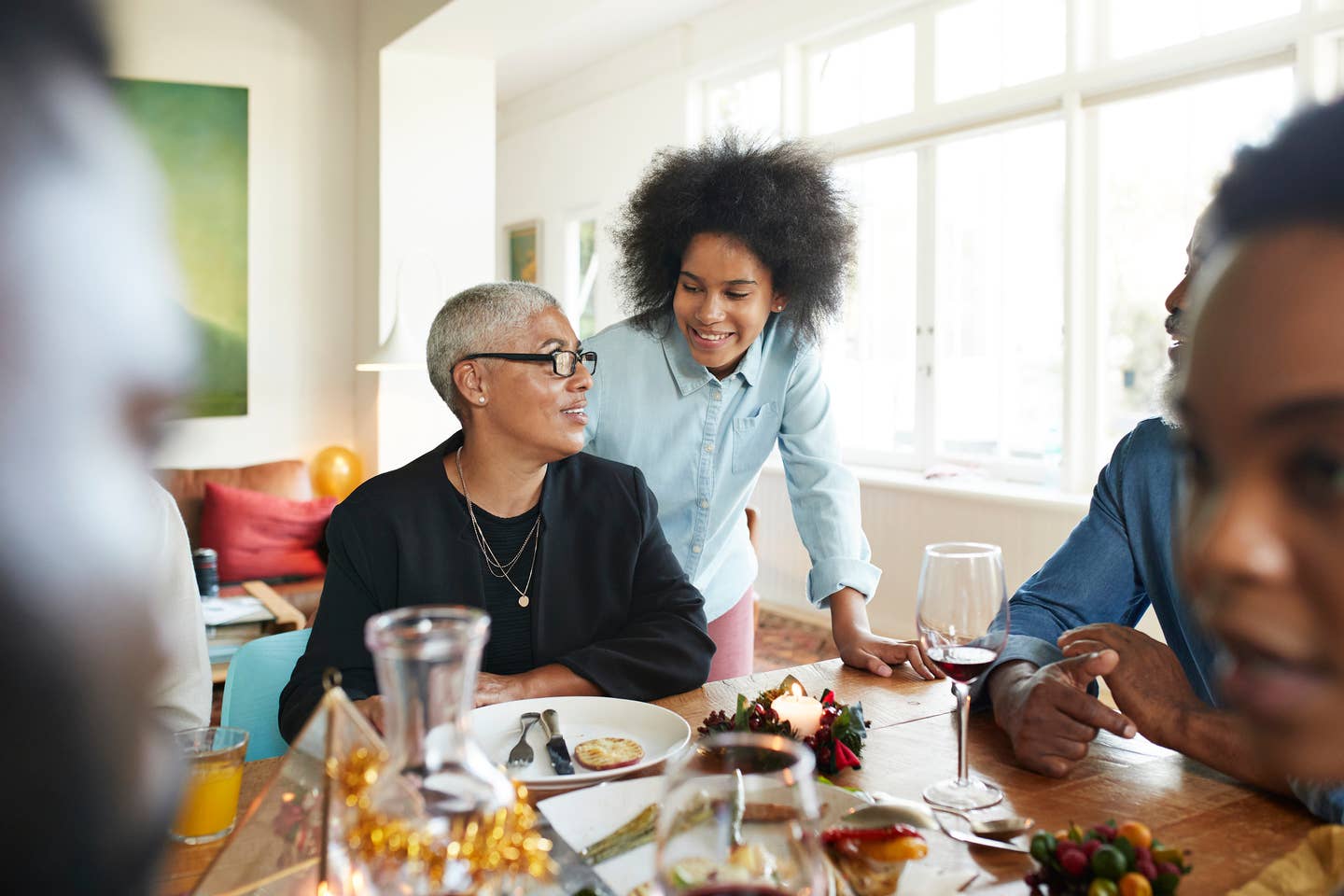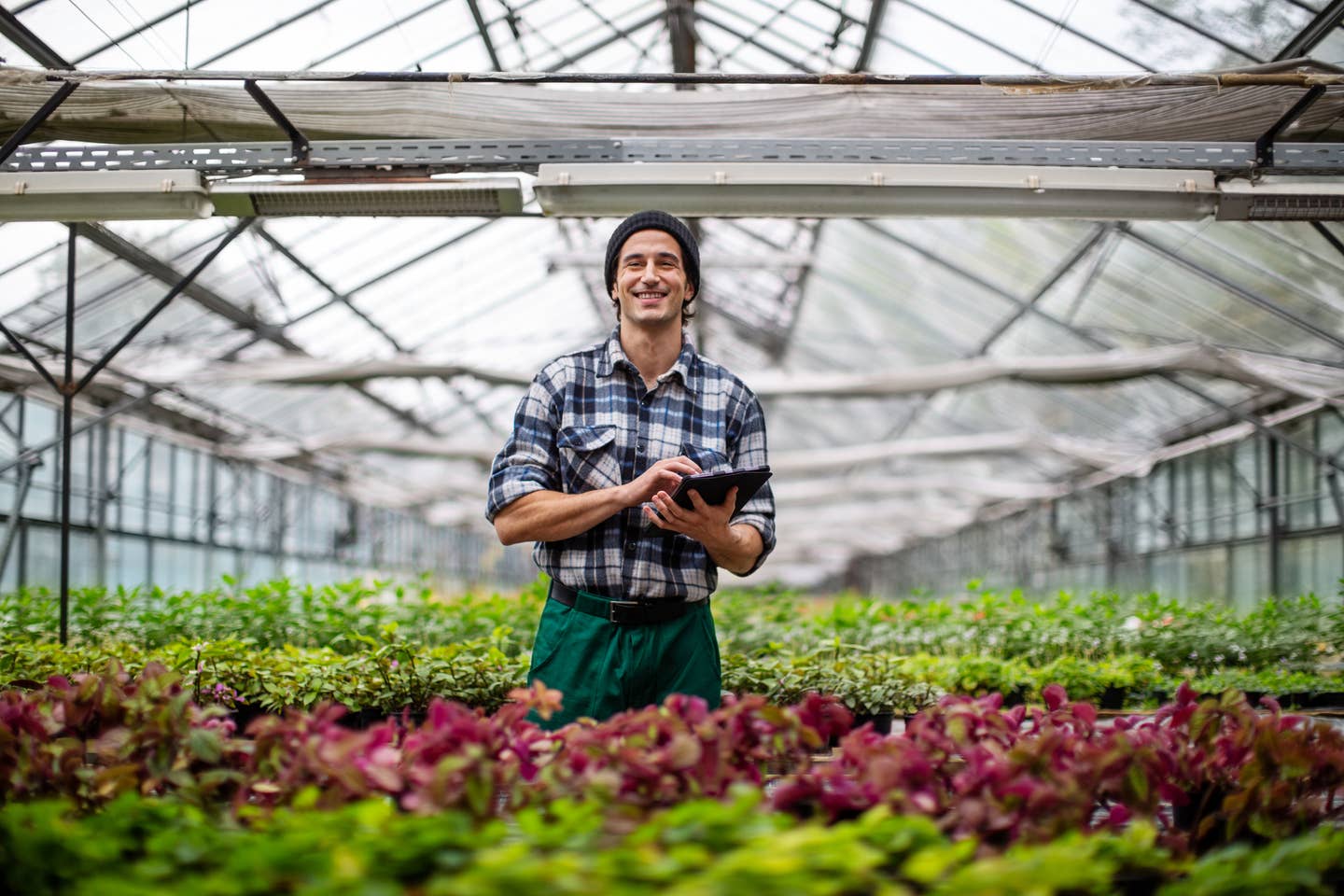
Exploring the Hidden History of Vegetarianism and Veganism in the U.S.
As the saying goes, ‘To know where you are going, you have to know where you have been.’ During a time when veganism and plant-based diets are skyrocketing, its important to look back on the history of the movement. In my most recent interview on the Awesome Vegans Influencer Series, Kay Stepkin, founder of the world’s only vegan museum, shares facts about the nations’ vegan and vegetarian past and where she hopes we’re headed. Below is an excerpt from our conversation.
Elysabeth: You’ve just changed your name from The Vegetarian Museum to The Vegan Museum. It’s got a name change, but it’s not brand new. When did you start The Vegan Museum and why?
Kay Stepkin: I started to work on it four years ago. We actually opened February 1st three years ago, 2017.
EA: Wonderful.
KS: Why did I start the museum? We needed one!
I started [a business in Chicago called] The Bread Shop in 1971. At that time, I did not know another vegetarian. It was vegetarian, not vegan, and also it was the only vegetarian business in Chicago for a while. And so, I always assumed that I had opened Chicago’s first vegetarian business. I just assumed that (for decades.) There were no computers back then. You couldn’t research the way you can today.
About five years ago, I was invited to be on the Heartland radio show ‘Live from the Heartland’, to talk about Chicago’s vegetarian past, which I thought I had started. And I’m talking and the show went very well and afterward, I started getting phone calls to speak at other organizations in Chicago. So, I decided to do a little research.
I didn’t think there was much to learn, but I thought maybe I’d get a tidbit from here or there or something I didn’t know, and I was simply thunderstruck when I discovered through this research that Chicago’s vegetarian history goes back to the late 1800s. That the history in our country goes back to the 1700s!
By the early 1800s, a group called the Bible Christians arrived here from England and actually started a vegetarian church in Philadelphia. So, the movement was very strong on the East Coast for a number of years. By the late 1800s, we had the world’s first fair called the Columbian Exposition in Chicago and a group from Europe brought a pretty large vegetarian exhibit to the Columbian Exposition.
[The exhibit] was successful. It brought in vegetarians from all over the world to Chicago and with that, the epicenter of vegetarianism moved from Philadelphia to Chicago. I couldn’t find a reason why [the movement] had come to a standstill (after that). My guess is it was because of World War 1, World War 2, and the Great Depression because other things also came to a standstill around then like the women’s movement. Both reemerged around the same time in the late sixties.
EA: It’s going be a shocker to people that Chicago, formerly known as the meatpacking capital of the world (Upton Sinclair’s The Jungle explores this in detail) has a thriving vegetarian and vegan movement. I just think that it’s shocking that a meat city like Chicago could have such a vegetarian past and then I love that the world’s Vegan Museum is now headquartered in Chicago and on-line.
What do you hope to accomplish with the museum? Is it simply historical information?
KS: I believe that [for vegans and vegetarians] knowing that we have past will greatly strengthen us. So when I started, as I said, I did not know another vegetarian, and yet I was so passionate about it that I opened a business, you know, with no history, no background, nobody to take advice from because everybody I was close to thought I was nuts for opening a vegetarian business. And I think that knowing that you have a history- just that alone, that knowledge will strengthen you, to know that you come out of something that you can learn from. You can learn from the mistakes of the past. You do not have to repeat them.
EA: What is the experience when people go through the museum in person or on-line?
KS: We not only have museum exhibits…we have speakers, we have food demonstrations, we’ve had a couple of book readings and so we try also to educate people and people love it.
We are a traveling museum, moving every one to two months to different locations in Chicago and hopefully other cities.
EA: So, there are so many ways people can get involved with the Vegan Museum whether it’s online or in person. But, I think the long term goal is for you to have your own permanent space. If there are investors out there or people who are interested or want to support from the small to the large, of course, they can as you look to raise funds for your own full-time location.
KS: Yes, we would grow, you know? So, right now the museum consists of twelve panels, each about three feet wide by seven feet tall. We also have a video of Victoria Moran talking about the country’s vegetarian history…and a museum is not a book. You can’t put a ton of information in it. People look at it. They look at it quickly.
You want to just arouse their interests and then give them resources to continue on their own. When we do get our permanent location, we will then take this traveling exhibit and start sending it around the country in the care of other organizations [for exhibit in other cities.]
EA: So, potentially, each city could add their vegan/vegetarian history to the exhibit?
KS: Chicago is a very big museum town, so I was able to get professionals to help us organize the museum, to create it, to give us tips on it. What we would probably do is create a special panel for that organization or that city right here in Chicago and then send it out to them with the rest of the museum.
EA: What has been the reaction to the museum?
KS: I just see [people] engrossed in the different panels and they have questions to ask me and they’re just thrilled that we have this history and that they’re getting to know it.
EA: Yes, it is so wonderful. I think people just assume that we, as a meat-eating country, don’t have a vegan or vegetarian past, or that is goes back to the 1700s.
Has COVID thrown a wrench into everything?
KS: I don’t see Covid as only throwing a wrench into the future, I actually see it as the beginning of our future. I think the world is a mess on so many levels. We have great epidemics of sickness. We have waves of crime. A number of experts are saying that we are in the middle of the sixth great extinction of our planet.
I don’t think that our problems are going to end when we solve COVID, in other words. We have extreme climate change. We could easily have another world war, which as I said is what I think brought our movements to a standstill.
So, I think it’s really imperative that those of us who continue to survive learn to work together because we don’t really know exactly what’s coming. We’re going to have to sort of learn to work as one body to solve what other problems are going to be coming up, I believe, in our near future.
EA: And I think COVID has shown us that you just don’t know what’s coming down the pipeline and that we need to really be prepared. You want to be the healthiest you can be: that means physically, but that also means mentally.
KS: And emotionally. It’s all connected.
For the full interview with Elysabeth, click here or watch below. To watch more Awesome Vegans Influencer Series, click here.
Elysabeth Alfano is a plant-based expert for mainstream media, breaking down the plant-based health, food, culture, business and environmental news for the general public on radio and TV. Follow her @elysabethalfano on all platforms.
More From The Beet






